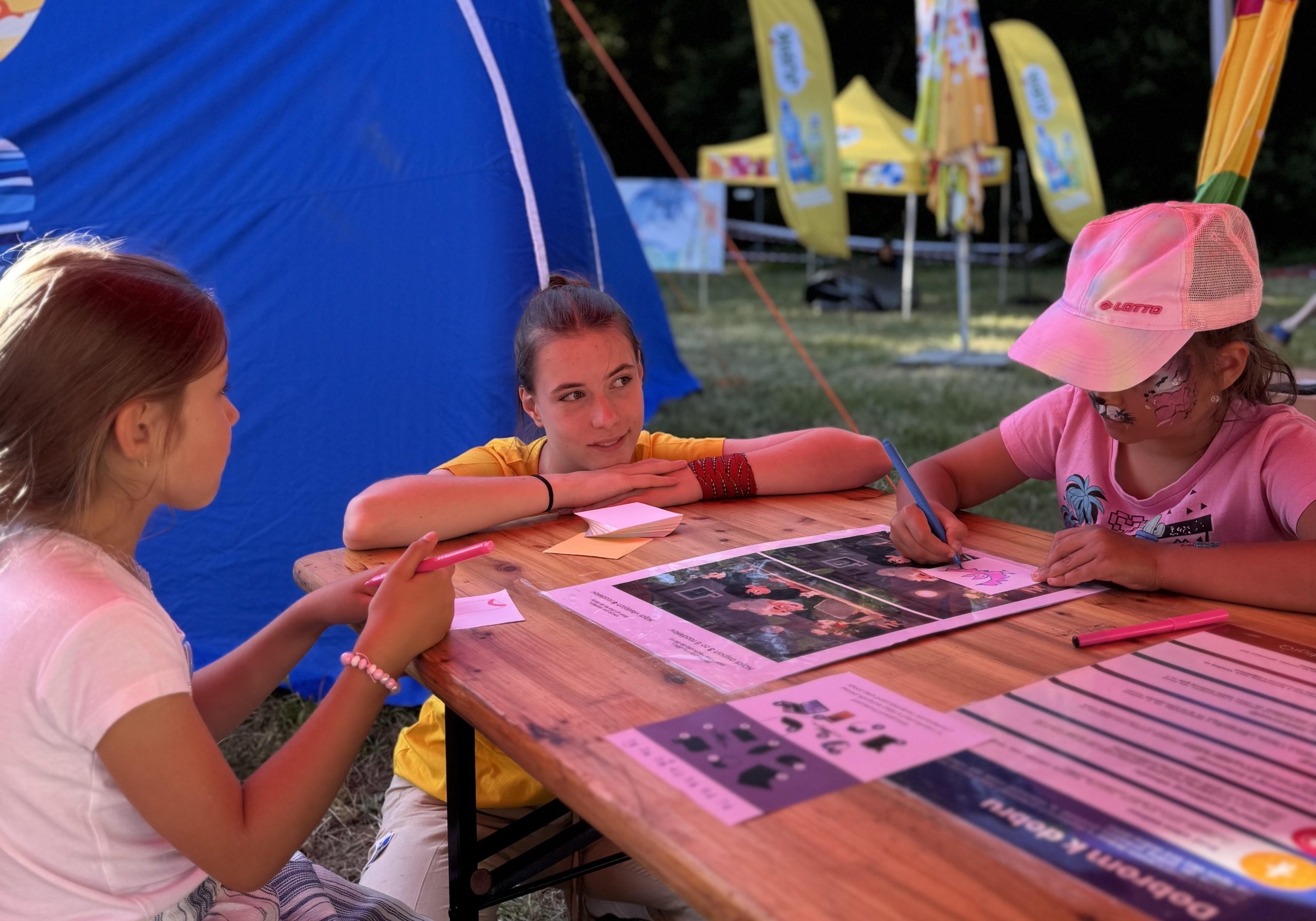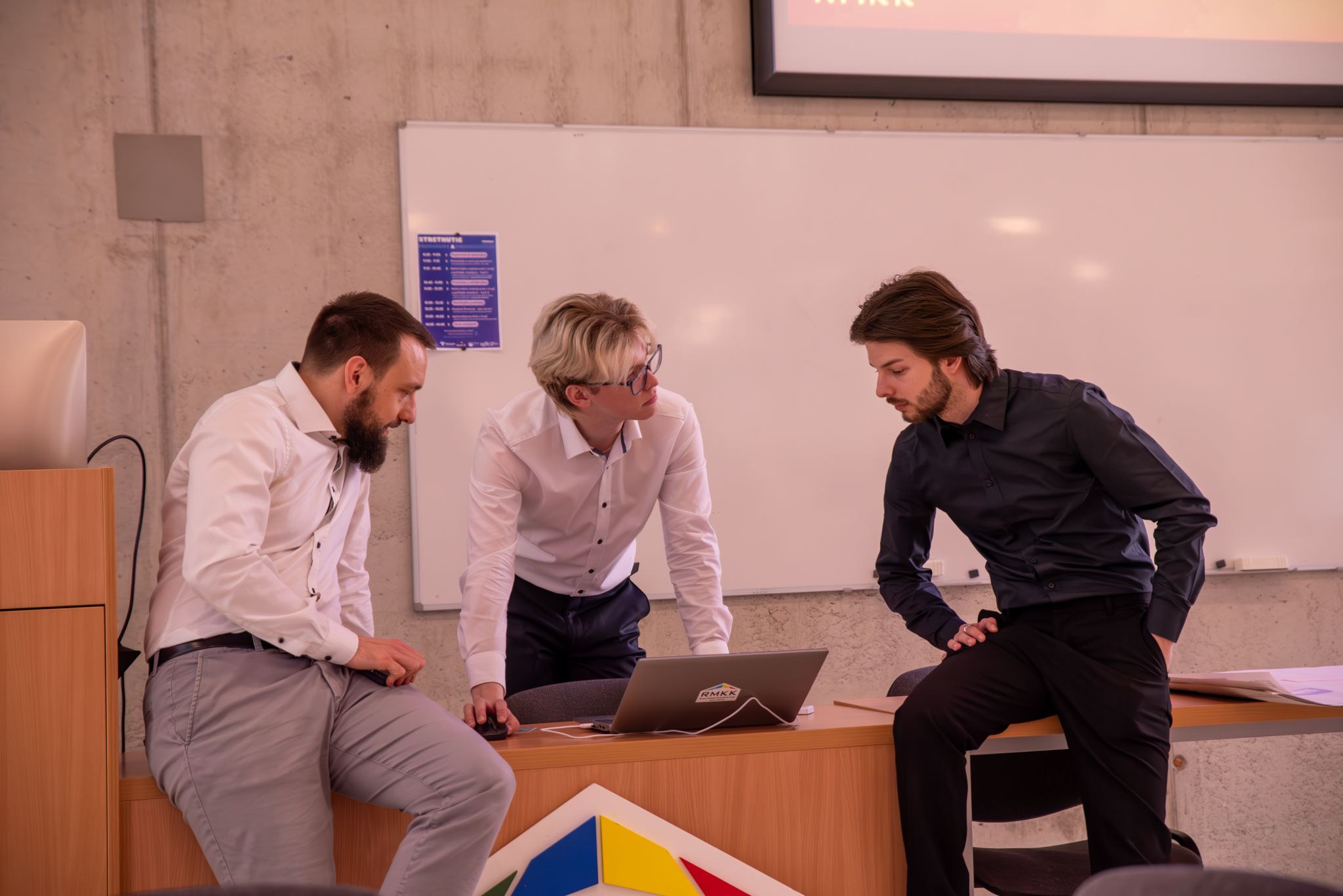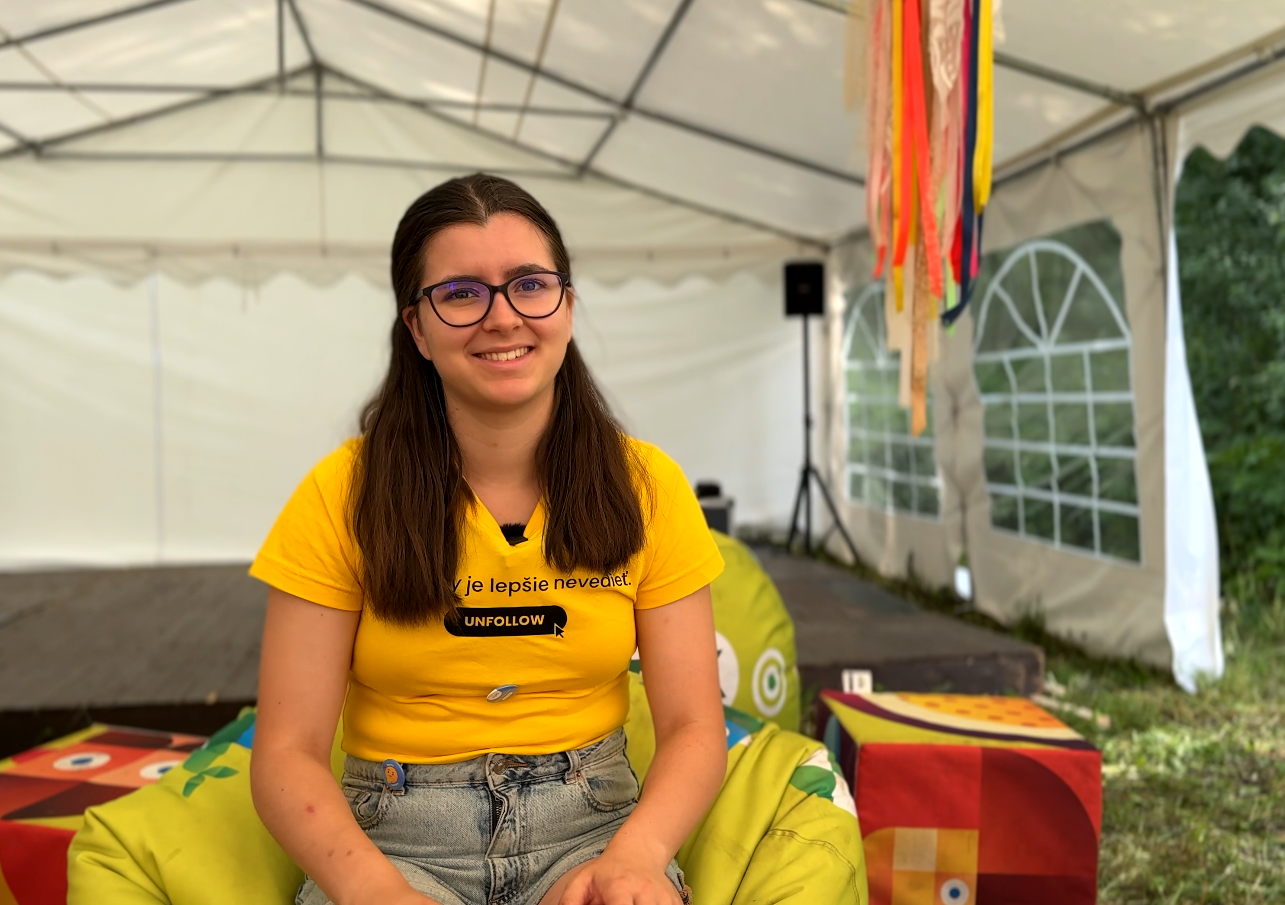Researchers at the MIT Media Lab, which studies the relationship between humans and technology, aimed to provide data on the impact of artificial intelligence on human creativity and critical thinking. As part of their research, they looked at the behavior of 54 male and female volunteers aged 18 to 39. Each of them was asked to write several essays, but not under the same conditions.
"One group wrote papers with the help of ChatGPT, another was helped by Google, and the third group wrote completely independently," the authors state in the study results.
While they were writing, the participants were monitored via EEG, a device that examines brain waves and can show how a person reacts to various stimuli.




